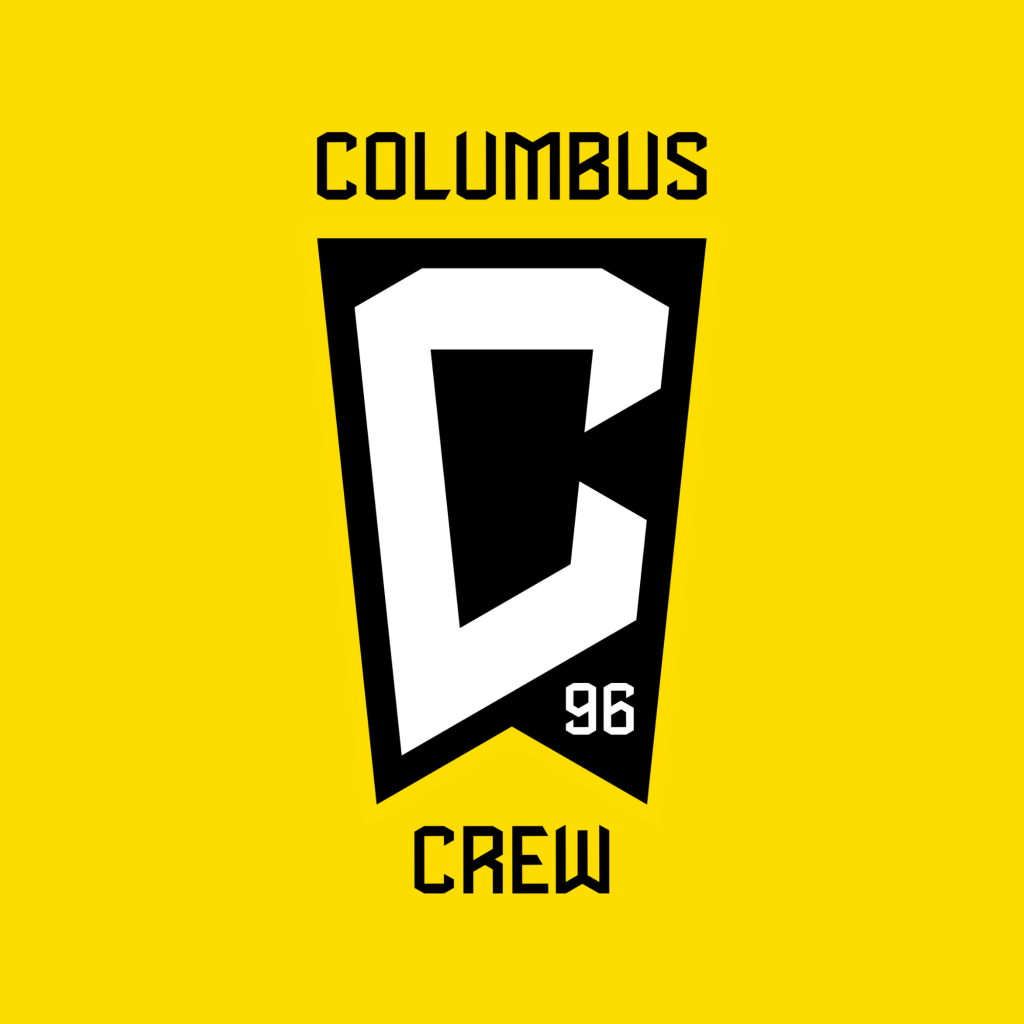
Columbus Crew FC
Columbus Crew FC, a prominent name in Major League Soccer (MLS), stands as a symbol of resilience, passion, and competitive spirit in American soccer. With a storied history stretching back to their founding, Columbus Crew FC has built a rich legacy characterized by memorable moments, remarkable players, and significant achievements that have cemented their place in the sport’s landscape. This comprehensive guide delves into every facet of the team — from its origins and evolution through landmark victories and pivotal figures, to its community influence and future prospects.
Origins and Evolution of Columbus Crew FC
Understanding the roots of Columbus Crew FC is essential to appreciating their journey, growth, and enduring identity within MLS and American soccer at large. Founded in 1994 as one of the league’s original teams, the Crew quickly established themselves as a formidable force on the pitch, driven by a passionate fanbase and visionary leadership. Their early years were marked by rapid development, strategic signings, and a focus on fostering local talent, all contributing to their rising prominence vc77.
The Formation of the Club
The inception of Columbus Crew FC was part of MLS’s broader plan to introduce professional soccer across the United States. Backed by local investors and supported by the city’s vibrant sports culture, the team officially debuted in 1996. The organization’s initial objective was to develop a competitive team that could connect with the diverse community of Columbus—Ohio’s capital—and inspire nationwide interest in soccer.
From the beginning, the club aimed to establish a distinct identity rooted in inclusivity and community engagement. This philosophy shaped their approach to team-building, youth development, and fan relations, setting a foundation for long-term growth. The ownership group prioritized creating a welcoming environment, which resonated well with fans, fostering loyalty that endures today.
Early Years and Initial Challenges
Like many new franchises, Columbus Crew faced hurdles during their formative years. Competitive struggles, financial constraints, and the challenge of attracting top-tier talent tested their resolve. Yet, their perseverance paid off as they gradually built a solid squad, adopting a tactical style emphasizing discipline, teamwork, and resilience.
The 1990s saw the Crew establishing themselves as a consistent playoff contender, thanks to pioneering coaches and emerging star players. Notably, the signing of players like Brian McBride, who would go on to become an influential figure both locally and internationally, marked the team’s commitment to nurturing talent. These foundational years laid the groundwork for a trajectory that would soon see the team reach greater heights.
Growth Through Strategic Management
Throughout their evolution, Columbus Crew FC benefited from visionary management and a commitment to innovation. The club embraced technological advances, improved training facilities, and player development programs to remain competitive. Their front office’s strategic decisions helped them adapt to the changing landscape of MLS, including expanding their fan base and enhancing operational efficiency.
Ownership changes over the years reflected a desire to align more closely with community interests and ensure sustainability. The arrival of Derrick Etienne Sr. and later, the influential ownership group led by Anthony Precourt, underscored their focus on stability and growth, ultimately culminating in their current status as a respected MLS franchise with national recognition VC77 homepage.
Key Milestones in the Club’s Evolution
Several milestones mark Columbus Crew FC evolution, such as their first playoff appearance in 1997, capturing their first trophy—the Lamar Hunt U.S. Open Cup in 2002—and winning the MLS Cup in 2008. Each achievement reflected their incremental progress and determination to succeed on multiple fronts.
Moreover, the culture of fan support grew exponentially, exemplified by the passionate atmosphere created at their home ground, MAPFRE Stadium (now Historic Crew Stadium). The club’s ability to evolve while maintaining its core values exemplifies its resilience and adaptive spirit, which continue to define its ongoing story.



